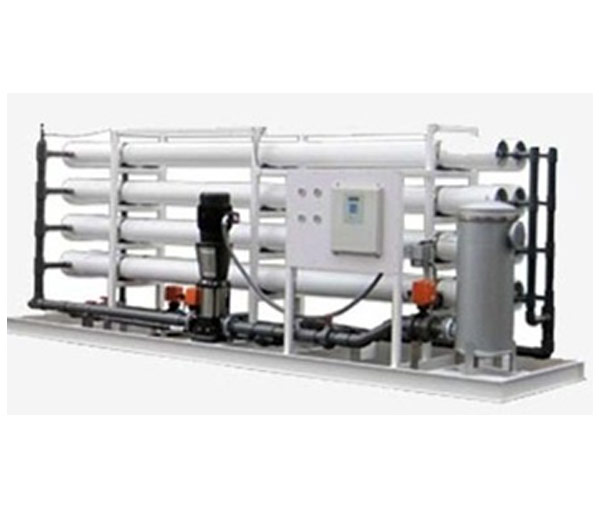


Products--
- Sewage Treatment Plant
- Compact Electrolysis Sewage Treatment Plant
- Effluent Treatment Plant
- Reverse Osmosis Plant
- Filtration
- Ultra Filtration Plant
- Microfiltration
- Nanofiltration Plant
- Demineralisation Plant
- Zero Liquid Discharge Plant
- Softener Plant
- Lamella Clarifier
- Swimming Pool
- Water Harvesting Plants
Services--
Nano Filtration Plant
Nanofiltration (NF) is a relatively recent membrane filtration process used most often with low total dissolved solids water such as surface water and fresh groundwater, with the purpose of softening (polyvalent cation removal) and removal of disinfection by-product precursors such as natural organic matter and synthetic organic matter.
Nanofiltration is also becoming more widely used in food processing applications such as dairy, for simultaneous concentration and partial (monovalent ion) demineralisation.
Nanofiltration is a membrane filtration-based method that uses nanometer sized through-pores that pass through the membrane. Nanofiltration membranes have pore sizes from 1-10 nanometers, smaller than that used in microfiltration and ultrafiltration, but just larger than that in reverse osmosis.
Nanofiltration is sometimes used to recycle wastewater, as it offers higher flux rates and uses less energy than a reverse osmosis system. The design and operation of nanofiltration is very similar to that of reverse osmosis, with some differences. The major difference is that the nano membrane is not as “tight” as the reverse osmosis membrane. It operates at a lower feedwater pressure and it does not remove monovalent (i.e., those with a single charge or valence of one) ions from the water as effectively as the RO membrane.

